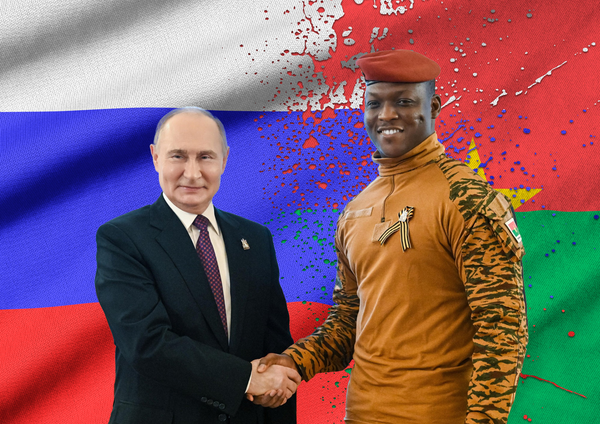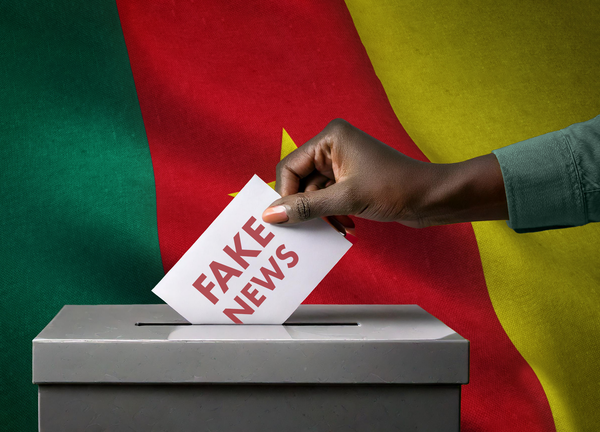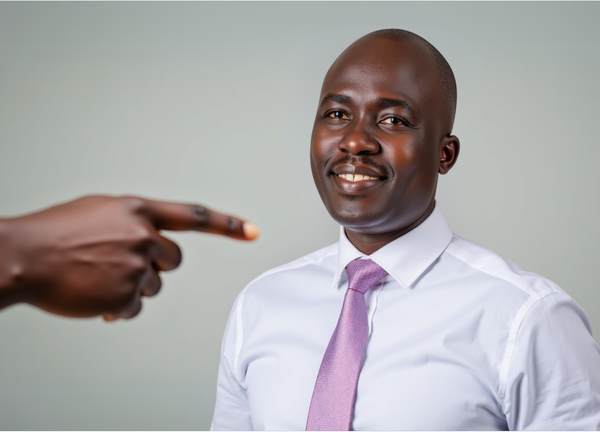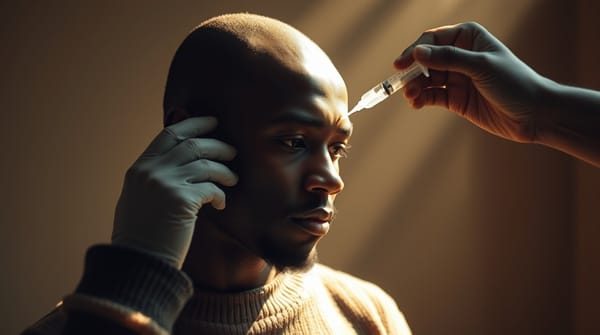Journalism, an area in danger to denounce the truth
Many people endanger themselves every day to bring us truth and light on different events and circumstances that punctuate the continent.

This is particularly the case in the journalistic field confronted every day with death threats, physical violence, multifaceted pressures or psychological pressure. Researcher of truths and factory auditor, the journalist by his DNA works tirelessly to obtain the truth in order to offer the reader a maximum of elements on information or an event in particular.
The emergence of journalistic disinformation in Africa
Disinformation is a communication process which consists in using media to transmit false or erroneous information in order to influence public opinion. First used in politics to influence voters or discredit a candidate, and as digital access develops in Africa, we see that external actors are increasingly using social networks for strategic purposes. Africa is currently at the heart of the scourge of information manipulation.
Disinformation campaigns are increasingly frequent and sophisticated, which makes the detection and elimination of these campaigns of influence more difficult. Digital giants - GAFAM (Google, Apple, Facebook, Amazon, Microsoft) - struggle to regulate daily publications before their exposure to users.
The journalistic situation in Côte d'Ivoire
In Côte d'Ivoire, disinformation contributes to post-electoral violence of 2020, during which more than 50 people died. Through social networks, supporters accuse each other of the opposing part of distributing false photos. Some publish photos of "political prisoners under Ouattara", using 2006 images displaying the living conditions of prisoners in Ivorian prisons, long before the arrival of Ouattara. These old images are decontextualized to illustrate current protests.
Today, in Africa, disinformation is part of the war and contributes upwards the instability of many countries. Disinformation goes through all channels, especially by radio , the most used media in Africa.
Investigative journalism
If we mention the question of risks in the context of the media in Africa, the continent is not the most dangerous according to the list established by RSF. However, in West Africa, investigative journalists are under pressure. However, they benefit from the freedom of expression inscribed in the African Constitutions. However, national laws provide exceptions to this freedom, sometimes accompanied heavy sanctions.
The Senegalese journalist Pape Alé Niang obtained in January 2023 a provisional release after two months of detention and a hunger strike. He publishes information deemed "sensitive" by the authorities, which circulate publicly.
Investigation journalism in French -speaking Africa remains a perilous choice for those who rub it. And this despite the liberalization of the press which occurred thirty years ago and a right to the truth in the Constitution since 2010. The journalist is the ideal culprit when a statement causes an uproar and that its author struggles to justify himself.
“Journalists are called upon to respect the truth, to comment, to rectify errors and to criticize without intention to harm. » RSF
Fact-checking journalism
Fact-checking is a set of good practices and tools that make it possible to verify information. Many media emerge in order to educate the population to recognize disinformation among the mass of information shared each day by more than 4.5 billion Internet users worldwide. There are actors like Africa Check , Eduk Media or Aki Actu who share good practices in order to recognize a false image or false information concealed in an article.
A good journalist must always carry out a work of verification of the facts before publishing them. However, with social networks, we are all a little journalist and we can all disseminate information on our scale, whether true or false according to our intentions.
The case of the Moura massacre
In Africa, many reports are published in which she denounces rapes and sexual slavery, or acts of torture or murders on civilians, accusing the Russian mercenaries of the private military society "Wagner". This is particularly the case with the "Moura massacre" which took place in March 2022 where the NGO HRW took matters into its own hands in the face of these possible "massive abuses" which would have been committed in this village of Mali by Malian soldiers, accompanied by Russian mercenaries. Hundreds of civilians are dead but under what conditions? For what reason? An international survey supported by the United Nations is still underway today in order to lift the veil on the truths of this massacre.
Conclusion
Fact-checking and investigation journalists still have a long way to go in order to restore total transparency on all the information that can be found on the web. There are many cases still not resolved on murder cases in Africa. Each year, the NGO H UMAN Right Watch denounces in its reports human rights attacks in the world in order to alert the international community as for the most serious shortcomings, while trying to urge governments to remedy it.









